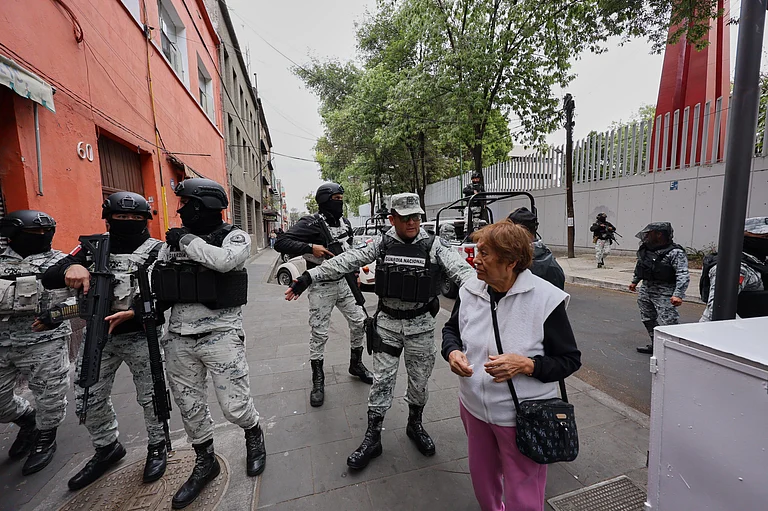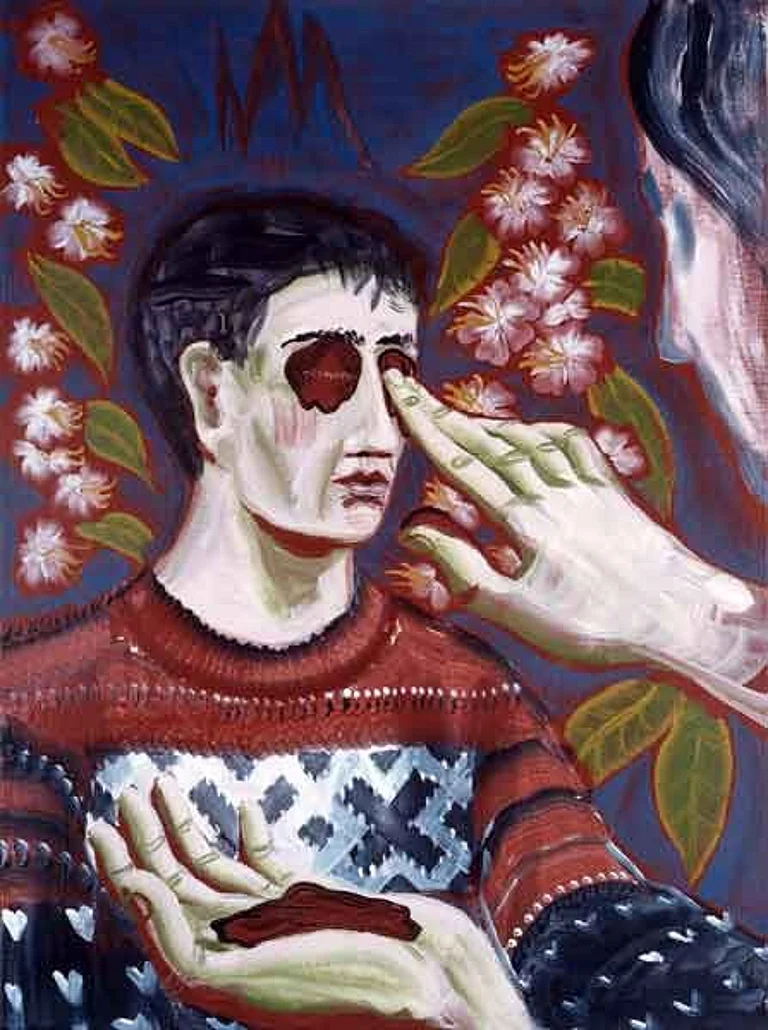Wound is the Shelter is a collection of poems originally written in Bangla and translated into English by Angshuman Kar himself. The title “Wound is the Shelter” is rather evocative. The wound may refer to a scar, an injury, mutilation, distress, or anguish, and the metaphor goes beyond. The “wound” may be a tool for healing and self-care in the face of the grim realities and injustice. In Kar’s gem of a collection, “wound” or despair leads to resilience and hope and that is what seems to captivate the reader.
Kar, who has served as the Secretary of the Eastern Region of Sahitya Akademi is currently a Professor of the Department of English and Culture Studies, at the University of Burdwan. Awarded several prestigious awards, his poetry, for decades, has always ushered hope in a world of turmoil. His poetry has expressed a wide range of human experiences, from love and loss to political crisis and social injustice. In his poems, Kar highlights the importance of empathy. His poetry is often a poetry of conflict---whether interpersonal, societal, or internal. His poems explore the tensions, struggles, and contradictions that are inherent to the human experience as his poems continue to champion the cause of human dignity.
“Wound is the Shelter” is built on paradoxes and contradictions and Kar almost resolves most of the conflicts by the end of his poems. At times he deliberately leaves them open-ended; the conflict is not resolved, the wound is further revealed and we realise healing, or the process of healing will have to come from within. It cannot be superficially cured.
Through a medical metaphor of a wound, Kar’s poetry evokes emotion and connects with the reader on a deeper level, for him like any great poet, poetry is a powerful medium for conveying historical experiences and memories and language is a very powerful medium to express that.
Some poems in Wound is the Shelter dramatise a conflict and at times they are resolved through a climax or turning point. At times such conflicts are left unresolved, creating tension and anticipation. Whether it is anger, fear, love, or despair---the subtle use of irony and paradox, creates that unnerving conflict within the poem, challenging the reader’s expectations and assumptions. Often towards the end of his poems, a significant shift in tone and mood also demands a modulation of tone and voice which Kar effortlessly achieves. Throughout the poem, he diligently creates a very dynamic narrative.
If Kar is sharing the pain and suffering, all that we usually and metaphorically associate with a wound, he makes the pain palpable to his readers. All can relate to his poem which has given him unparalleled popularity both as a Bangla poet and an Indian English poet. It is his accessible style and he holds on to that style with a very firm grip even in his English translation. His poems have resonated in the hearts of a wider audience. This is how his “Mother” poem resonates and strikes a chord:
Mother
The history of this world is
the history of the sorrows of mothers.
The pages of history are
damp with the blood and tears of mothers.
I think of that negro mother
who, after getting raped at night,
used to clothe her daughter
in a torn frock in the morning.
I think of that Jewish mother
whose lap was emptied by a German devil.
I think of that American mother
whose son came back home
from the Vietnam War leaning on crutches.
I think of the mother of Rohit Vemula too.
And it seems
that the sad mothers of the world all look alike.
Only one looks slightly different.
Her hair is grey. When she smiles,
one finds three teeth missing,
her face full of wrinkles.
Even on the day on which her son is terribly insulted,
even in the midst of her own unbearable sorrow,
those wrinkles radiate
such a proud smile of the crops
that one understands
She is the mother of a poet.
The poem sensitively narrates a tale of survival and endurance and the intertextuality is brilliant here—the intertextuality of war and violence, social and political conflict, and inner turmoil, all in a period of trauma. Yet this is resilience poetry and Kar’s poems infuse us with hope and optimism.
His poems are great social commentaries and Kar has himself expressed, that poets are not social workers. The poet is a very sensitive soul and he responds to injustice, and inequalities as he dramatises the struggles in his way, only when the response comes from within.
Whether it is personal memory or cultural and historical memory---memories create emotional and relatable poetry. Kar’s poems open up that imaginative and interpretative space for further dialogue and deeper contemplation. As a poet, he uses his poetry to reflect on significant events, and societal changes ensuring that these memories are not forgotten. In his poem, “Memory Card” he narrates how time flies, how relationships evolve, and how the advent of technology has drastically changed our lives. There is a lot of nostalgia, an affectionate remembrance of the past, often tinged with a sense of melancholy whether it is his poem on the Fridge or the Television (from a different collection). As the poet’s heart yearns for a bygone era, he reflects on the change, the passage of time, and the inevitability of change. There is so much self-introspection involved as each poem moves towards an epiphanic moment.
It is not just the loss of something cherished, it is also the transformation of a familiar space, the paradox being this is the space where we are now alienated. The poet looks back with fondness/sadness/nostalgia (allowing the reader to process the complexities of memory) and the inexorable passage of time.
In this context, one may be reminded of the poem “The Rented House”. Kar writes: “An old house is like an old relationship. We can’t believe that---it has been left behind for long”. In the “Tiger Poems”, there is quite a considerable extent of narrative tension and intrigue. They keep readers engaged by presenting unexpected twists or unresolved conflicts.
The use of paradox and contradiction in poetry serves to engage the readers intellectually and emotionally as the poet explores the nuances of the human experience and the complexities of the world. How truly and effectively he pens these lines:
“A Poet is like a pencil.
The more you cut,
The sharper it becomes.”
Readers will find his poems and their translation into English (with the right choices of words) stimulating and emotionally resonant. There is so much reflexivity combined with empathy and compassion and not just dry criticism of the society to which the poet belongs.
Kar seeks to understand the experiences and emotions of those affected as in the “Defeated Man”. Giving voice to the voiceless, speaking on behalf of the marginalised, giving space to the “Other” or raising a voice against oppression, have been the hallmarks of his effortless style.
Through his poetry of identity, crisis, and resilience in Wound is the Shelter, Kar’s resistance poetry positively inspires change, and advocates for social justice. Pithy and powerful his poetry is popular at protests and rallies. From war-devastated world to Black Lives Matter, Kar’s poetry is captivating enough to gather masses in a city square or rural Bengal and sharp enough to gather attention on social media. Kar’s poetry rails against complacency and demonstrates with power why poetry is necessary and sought after in moments of crisis. His powerful and evocative poetry will continue to inspire future generations.
Pradipta Mukherjee is an Associate Professor in English at Vidyasagar College for Women, University of Calcutta





















